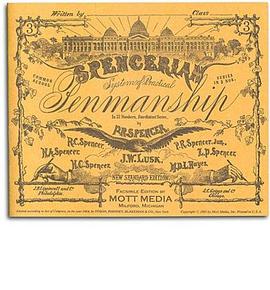

具体描述
It is a fundamental human impulse to seek restitution or retribution when a wrong is done, yet individuals and societies assess responsibility and allocate punishment for wrongdoing in different ways. This book investigates how average citizens in the United States and Japan think about and judge various kinds of wrongdoing, how they determine who is responsible when things go wrong, and how they prefer to punish offenders. Drawing on the results of surveys they conducted in Detroit, Michigan, and Yokohama and Kanazawa, Japan, the authors compare both individual and cultural reactions to wrongdoing. They find that decisions about justice are influenced by whether or not there seems to be a social relationship between the offender and victim: the American tendency is to see actors in isolation while the Japanese tendency is to see them in relation to others. The Japanese, who emphasize the importance of role obligations and social ties, mete out punishment with the goal of restoring the offender to the social network. Americans, who acknowledge fewer "ties that bind" and have firmer convictions that evil resides in individuals, punish wrongdoers by isolating them from the community. The authors explore the implications of "justice among friends" versus "justice toward strangers" as approaches to the righting of wrongs in modern society. Their findings will be of interest to students of social psychology, the sociology of law, and Japanese studies.
作者简介
目录信息
读后感
评分
评分
评分
评分
用户评价
相关图书
本站所有内容均为互联网搜索引擎提供的公开搜索信息,本站不存储任何数据与内容,任何内容与数据均与本站无关,如有需要请联系相关搜索引擎包括但不限于百度,google,bing,sogou 等
© 2026 book.quotespace.org All Rights Reserved. 小美书屋 版权所有




















